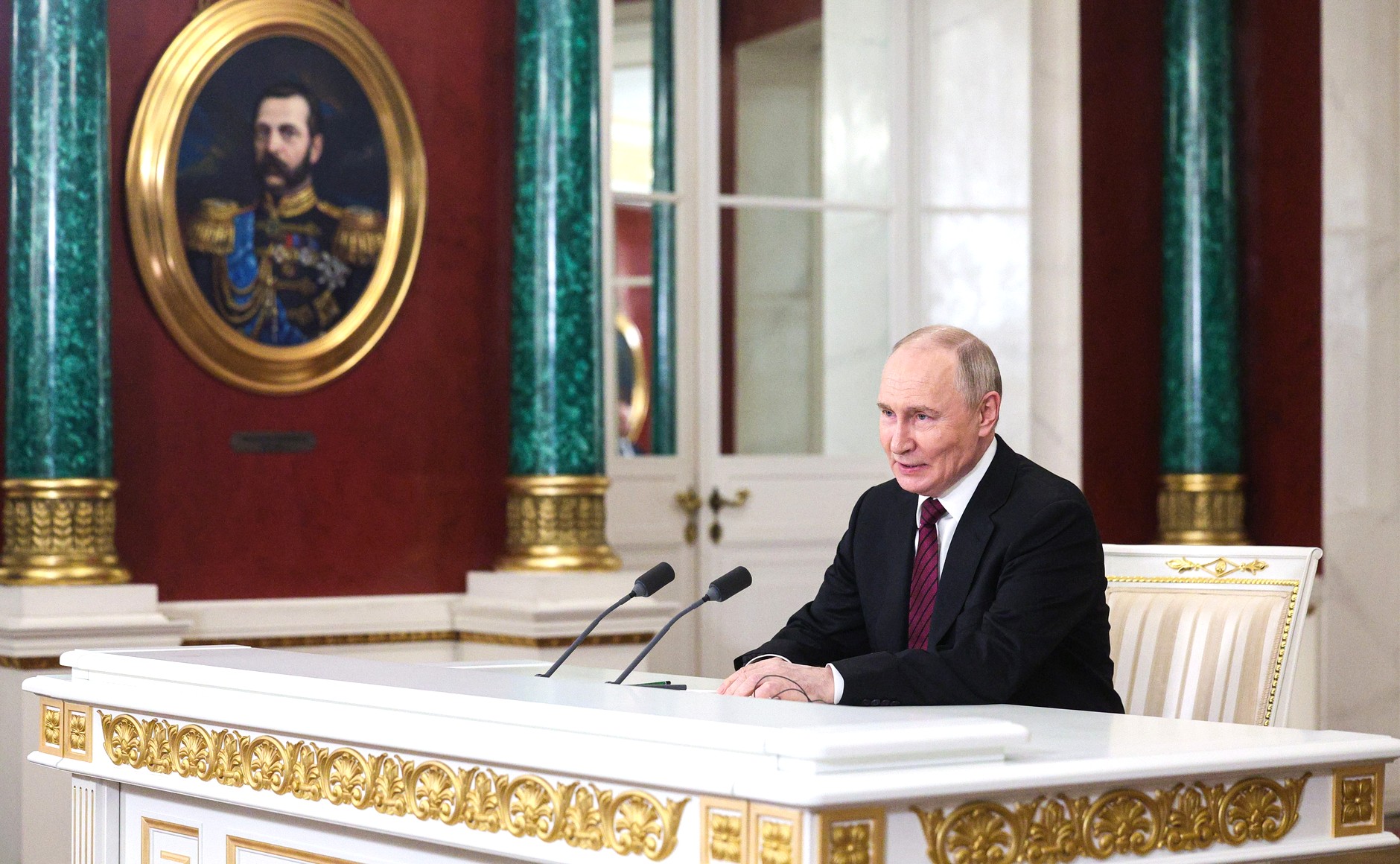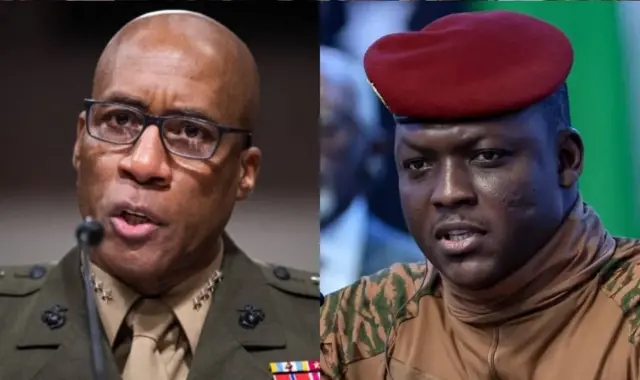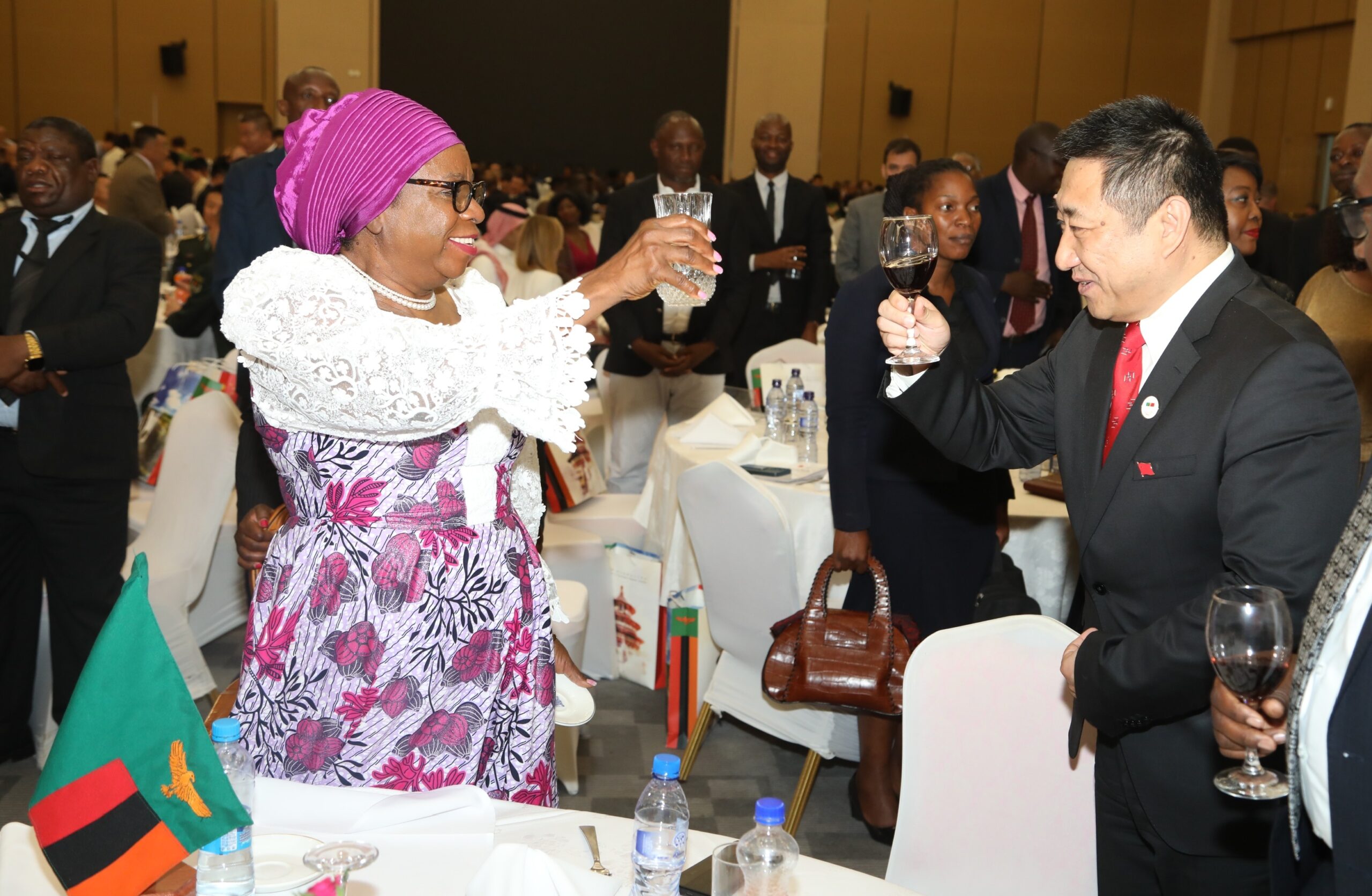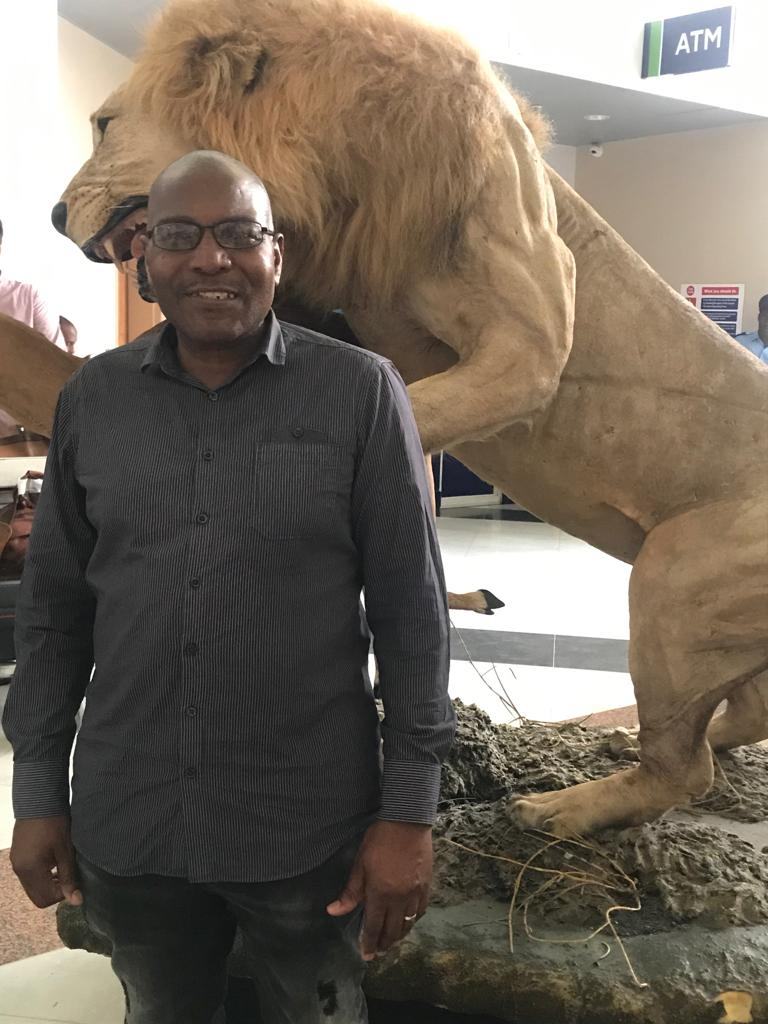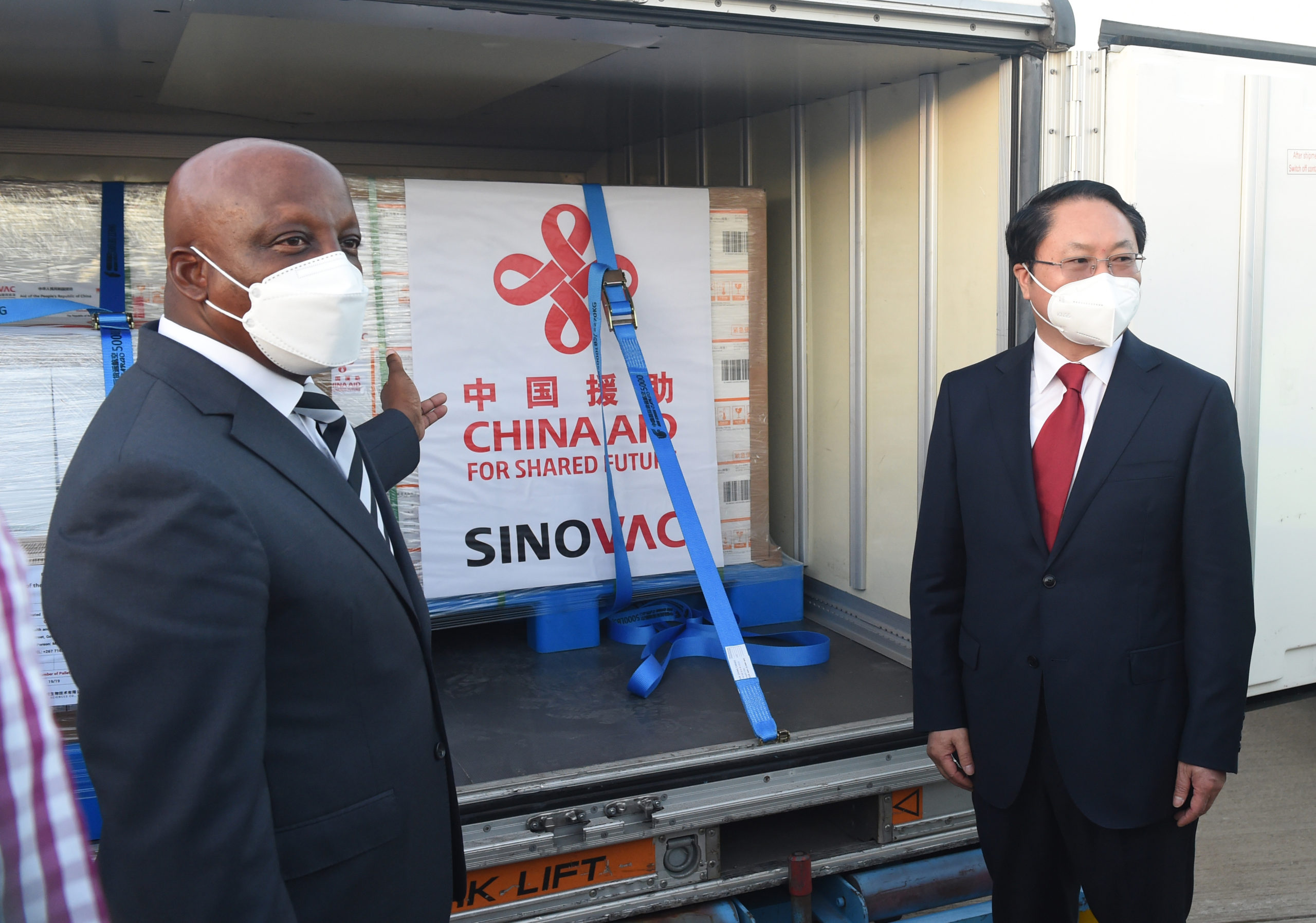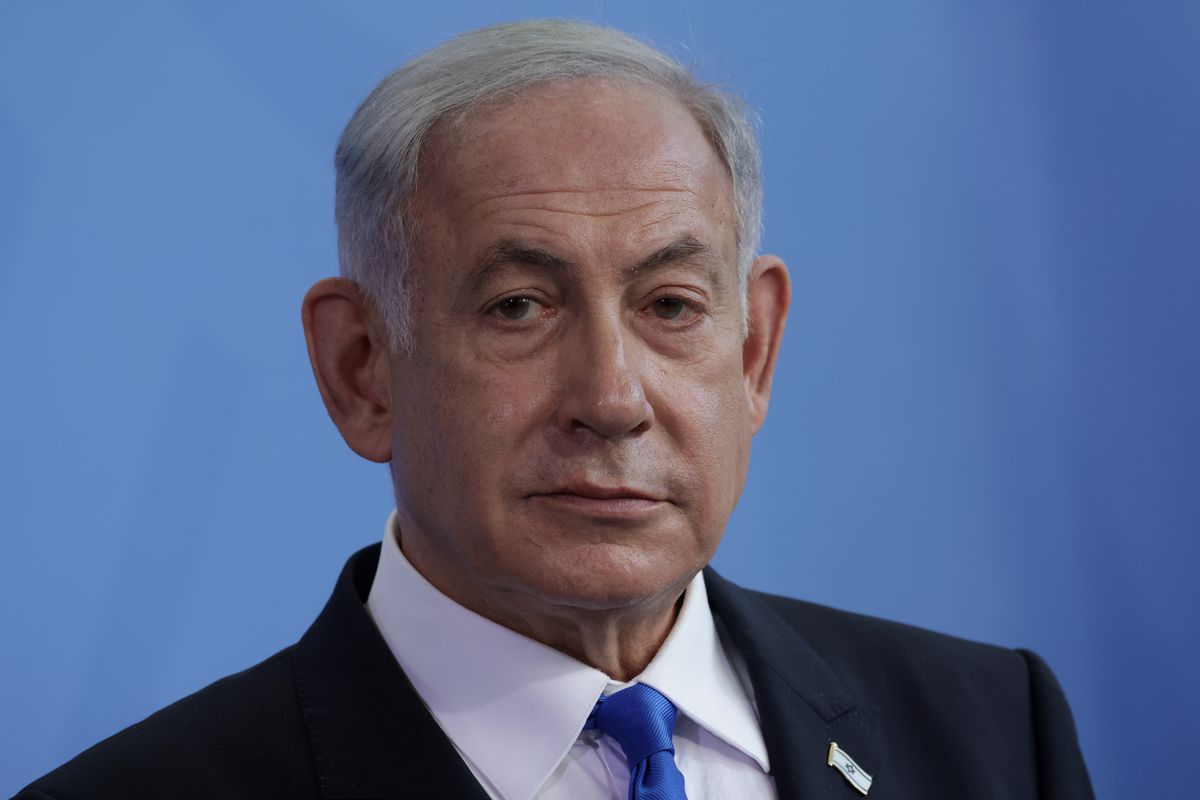
Benjamin-Netanyahu
By Emad Saber
The priority of the Islamic Resistance Movement (Hamas) has always been to alleviate the suffering of the Palestinian people. Since 7 October 2023, that included ending the genocide against Palestinians and ensuring the return of Palestinian and Israeli captives to their families, and this has remained our priority in negotiations in Doha and Cairo.
However, the priority of the Occupation government and its prime minister, Benjamin Netanyahu, in the talks is the total siege and control of Gaza – not prisoners.

The six Israeli captives who were killed recently – as well many others killed by Israeli bombs – could have been released, alive, months ago in a deal.
However, Netanyahu’s insistence on long-term occupation of Gaza, including control of the Philadelphi Corridor – the strip of land between Gaza and Egypt, including the Rafah border crossing, and the Netzarim Corridor running East to West across Gaza and splitting it in two – is the main reason that Israeli prisoners are going home in body bags. When Netanyahu was asked to choose between the Philadelphi Corridor and the release of Israeli captives, he was unequivocal: “Philadelphi is more important than the prisoners.”
For Israel, these are not negotiations for a ceasefire or prisoner exchange, but an opportunity for a further land-grab. To date, several Israeli captives in Gaza have been killed by the Occupation army’s bullets and bombs.
Throughout these many months of ceasefire negotiations, Netanyahu has shown a determined disinterest in concluding a real deal to end the genocide and get Israeli prisoners back to their families. He could safely have brought all the Israeli captives back in a prisoner swop, as happened successfully in November 2023 when over 100 Israeli and foreign captives were returned by the Resistance in Gaza. Instead, Netanyahu deployed the occupation army to repeatedly bomb entire towns, refugees living in tents, hospitals, universities, schools, refugee shelters – including those run by the UN, and, in one case, to massacre more than 100 people to retrieve two or three captives.
If Netanyahu really wants to exchange prisoners, Hamas is ready. Hamas has demonstrated flexibility and already made major concessions with the aim of reaching a real prisoner exchange deal; stopping the aggression and war; and ending the suffering of the people.
On behalf of the Resistance, Hamas initially asked for 500 Palestinian prisoners to be released for each Israeli soldier held captive, and 250 Palestinian prisoners for other Israeli captives. Netanyahu’s government rejected this and Hamas compromised by greatly reducing the number from 500 to 50 Palestinian prisoners for each female soldier and from 250 to 30 Palestinian prisoners for each Israeli civilian. The vast majority of the Palestinians being held captive in Israeli jails – hundreds of whom have been tortured and scores maimed while in detention – are also civilians. Many of them not even involved in politics.
How did Netanyahu respond to Hamas’ compromise? It began a new invasion in May, and stormed the Rafah border crossing with Egypt. The crossing is still closed, and humanitarian aid cannot freely enter Gaza except through Israel – where Israeli genocidal racists, ‘civilians’, routinely attack aid trucks while their soldiers look on.
On 29 May, US President Joe Biden announced a ceasefire deal he said had originated from Israel. Hamas welcomed the plan and the US-proposed UN Security Council resolution that flowed from this. Hamas and the Resistance groups believed that the plan created a very real opportunity for a breakthrough and an end to the genocide taking place in Gaza.
The American government and even some leaders of the Israeli occupation government welcomed this development. All parties expected an agreement, but Netanyahu’s right-wing government responded by intensifying the attacks on Gaza, and backtracking on previous agreements.
In February, Netanyahu insisted that 50 Palestinian prisoners who had been serving life sentences, if they were to be released in a prisoner exchange, must be deported. In July, he raised the number to 150, and thereafter announced that no Palestinians with life sentences would be released – even if they are sick or elderly, thus contradicting previous Israeli proposals.
Hamas remains committed to achieving an agreement to end Israel’s genocide on Gaza, allow our people to return to their destroyed homes and allow the possibility of them rebuilding their homes and their lives. But such an agreement is possible only if there is a complete Israeli withdrawal from the Gaza Strip, including from the Philadelphi and Netzarim corridors; the Israelis allow the unhindered reconstruction of Gaza and the return of the millions of displaced Palestinians; and an end to the crippling Israeli siege imposed on Gaza since 2007. The release of Israeli captives must take place within the framework of an agreement that also ensures the release of thousands of Palestinian prisoners in Israeli jails.
Palestinians cannot be expected to ask for less than this if we are to release Israeli captives. But Netanyahu refuses; he does not believe that the lives of the captives is worth this. He would rather sacrifice Israeli lives than make a deal that allows people in Gaza to live. Palestinians, on the other hand, are determined to continue our struggle for our liberation from the occupation and its colonisation and ongoing genocide. To resist the occupation and colonisation is a right we have been granted by international law; a right implicitly reaffirmed by the International Court of Justice in July.
- Emad Saber is the Director of the East, Central and Southern African regions in the International Relations Office at Hamas




